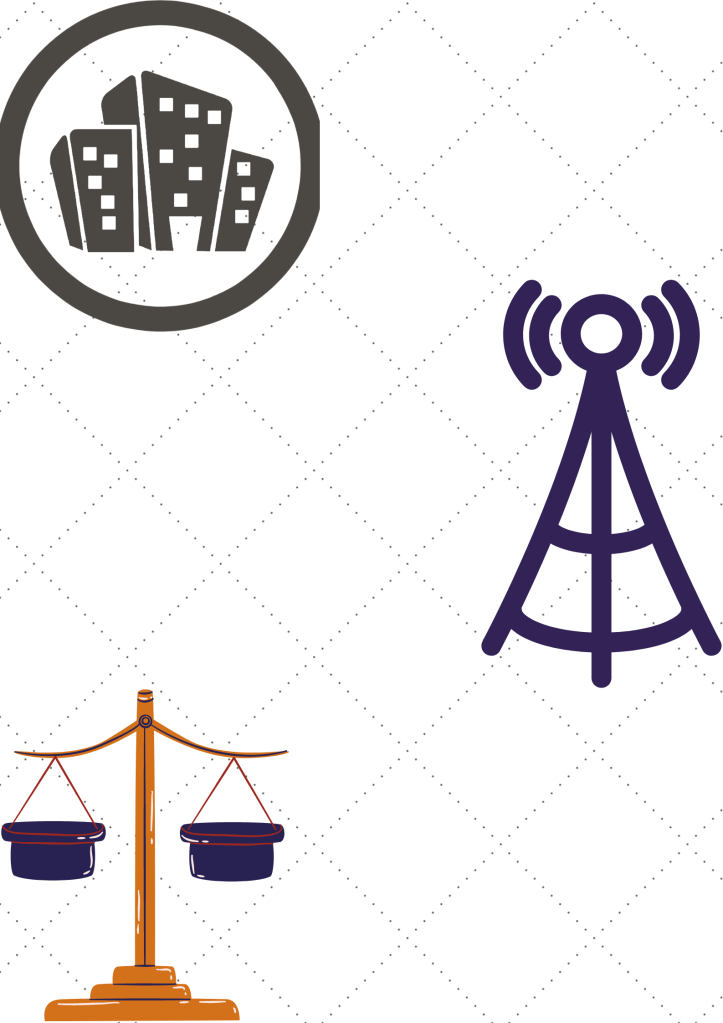AGR stands for Adjusted Gross Revenue. It is a fee sharing mechanism between the government and the telecom companies. Up until 1999, telecom companies used to pay a fixed license fee to the Department of Telecommunications (DoT) for the usage of spectrum. Thereafter, it was decided that the telecom companies operating within India and using the spectrum must pay a part of their revenues as license fee and spectrum charges.
The dispute between the telcos and the government has been mainly on the definition of AGR. While the government sides that AGR includes all revenues from both telecom as well as non-telecom services, the operators suggested that it should include only the revenue from core services. On October 24, 2019, the top court widened the definition of AGR to include the government’s view.
The telcos were opposed to this and had challenged this definition of AGR in several forums, including the Supreme Court. On October 24, 2019, the SC had upheld the DoT’s definition of AGR and ruled that the companies using the spectrum were liable to pay the dues, the penalty on dues, and the interest on penalty due to delay in payments all within three months!
The major players who were affected by the ruling were Vodafone-Idea and Airtel. It also included Tata Teleservices and Reliance Jio. The payments to be made were as under: –
- Vodafone-Idea – around Rs. 58,000 Cr.
- Airtel – around Rs. 44,000 Cr.
- Tata Teleservices – around Rs. 16,700 Cr.
- Jio – around Rs. 195 Cr.
For the former 2 on the above list, the payment amounted to a significant portion of their net revenue and were difficult to pay off within such a short time frame of 3 months. Up on further contesting, the Supreme court made changes to the existing judgement. It did not reduce the quantum of payment, but said that the companies pay the amount over a period of 20 years in annual installments.

PS. #Latepost
